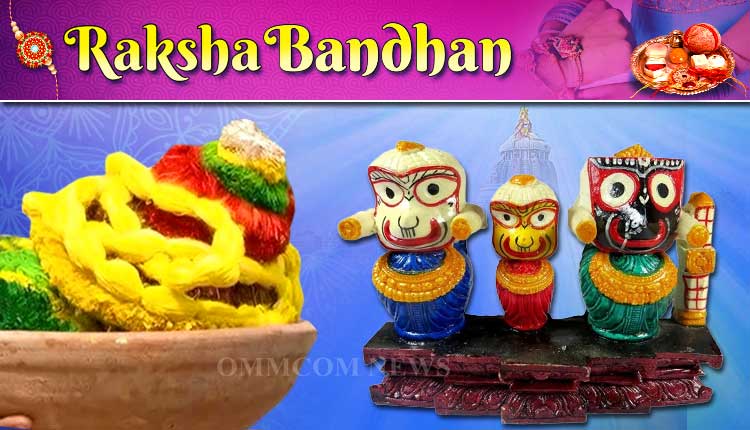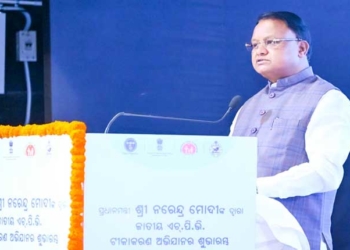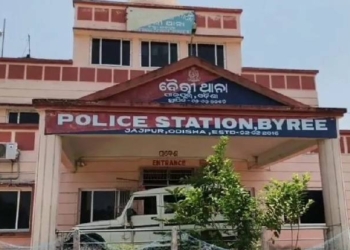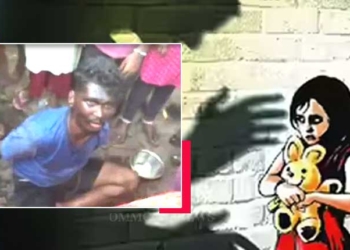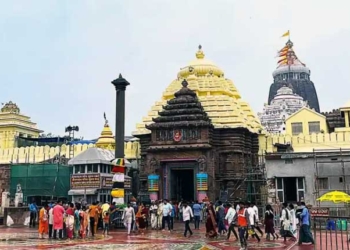Bhubaneswar: Not just the nation, but the divine realm also rejoices in the festive spirit of Raksha Bandhan. Lord Jagannath, the revered deity of the Puri temple, celebrates this special day with his sibling deities, Lord Balabhadra and Goddess Subhadra. The three siblings embody the sacred bond of brotherhood and sisterhood, making their celebration of Raksha Bandhan a truly divine and unique experience.
In Odisha, the sacred festival of Rakhi Purnima converges with the auspicious occasion of Gamha Purnima, commemorating the birth of Lord Balabhadra, also known as Lord Balaram, at the Lord Jagannath temple in Puri.
In a remarkable display of divine humility, Lord Jagannath, along with his siblings Lord Balabhadra and Devi Subhadra, observes festivals and adheres to rituals with the same devotion as mortals, despite being worshipped as Daru-Brahma at Srimandir Puri.
Devi Subhadra, the sister of Lord Jagannath and Lord Balabhadra, tenderly ties rakhis on her brothers’ arms, symbolizing her love and protection. In a poignant gesture, she ties a rakhi on her arm, signifying the eternal bond of siblinghood.
The Patara Bisoi servitors, entrusted with the sacred responsibility, perform the rakhi ceremony with reverence. Four rakhis are offered on this special day, each imbued with deep significance. Lord Jagannath’s rakhi is adorned with vibrant red and yellow threads, while Lord Balabhadra’s rakhi features majestic blue and violet hues.
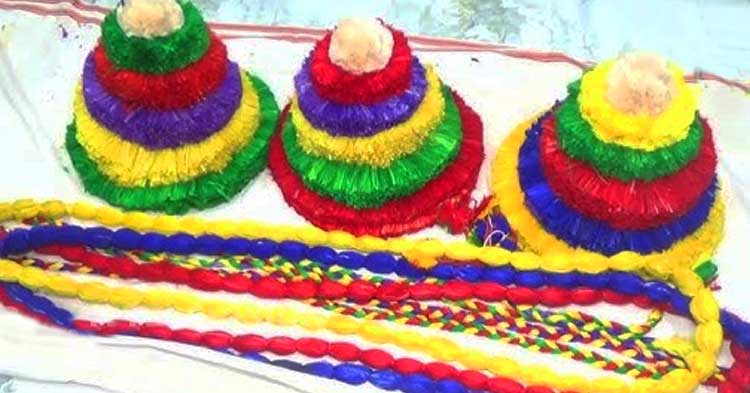
According to mythological accounts, Lord Balaram was born on the Gamha Purnami on Makara Lagna of the Shravan nakshatra, establishing him as the patron deity of agriculture and the guardian of farms.
In harmony with this tradition, farming families in Odisha honour their wooden ploughs, symbolizing the significance of agriculture in their lives. The term ‘Gamha’ is believed to be derived from ‘Go-mata’, emphasizing the sacred bond between Lord Balaram and cattle. As per the Harivamsa, Lord Balaram was conceived from a cow named Rohini, solidifying his connection to the herds.
On this day, devotees adorn their cattle with rakhis on their horns and garlands around their necks, showering them with treats and delicious pancakes. This joyous celebration acknowledges the vital role of cattle in agriculture and expresses gratitude for their contributions to the farming community.
Beyond its cultural and religious significance, Raksha Bandhan holds a special place in Odisha’s martial heritage. The Paikas, a revered warrior class, considered this day auspicious for initiating new combat techniques and training regimens. They believed that the sacred energies of Raksha Bandhan imbued them with the strength, courage, and agility necessary for excellence in warfare.




